Russia and downed planes: path of denial, tactics of silence What connects the disasters of flights MH17 and J2-8243?
Russia does not accept the conclusions of the International Civil Aviation Organisation (ICAO), whose council acknowledged Russia's responsibility for the crash of Malaysia Airlines flight MH17 in Donbas in 2014, Russian presidential spokesman Dmitry Peskov told reporters.
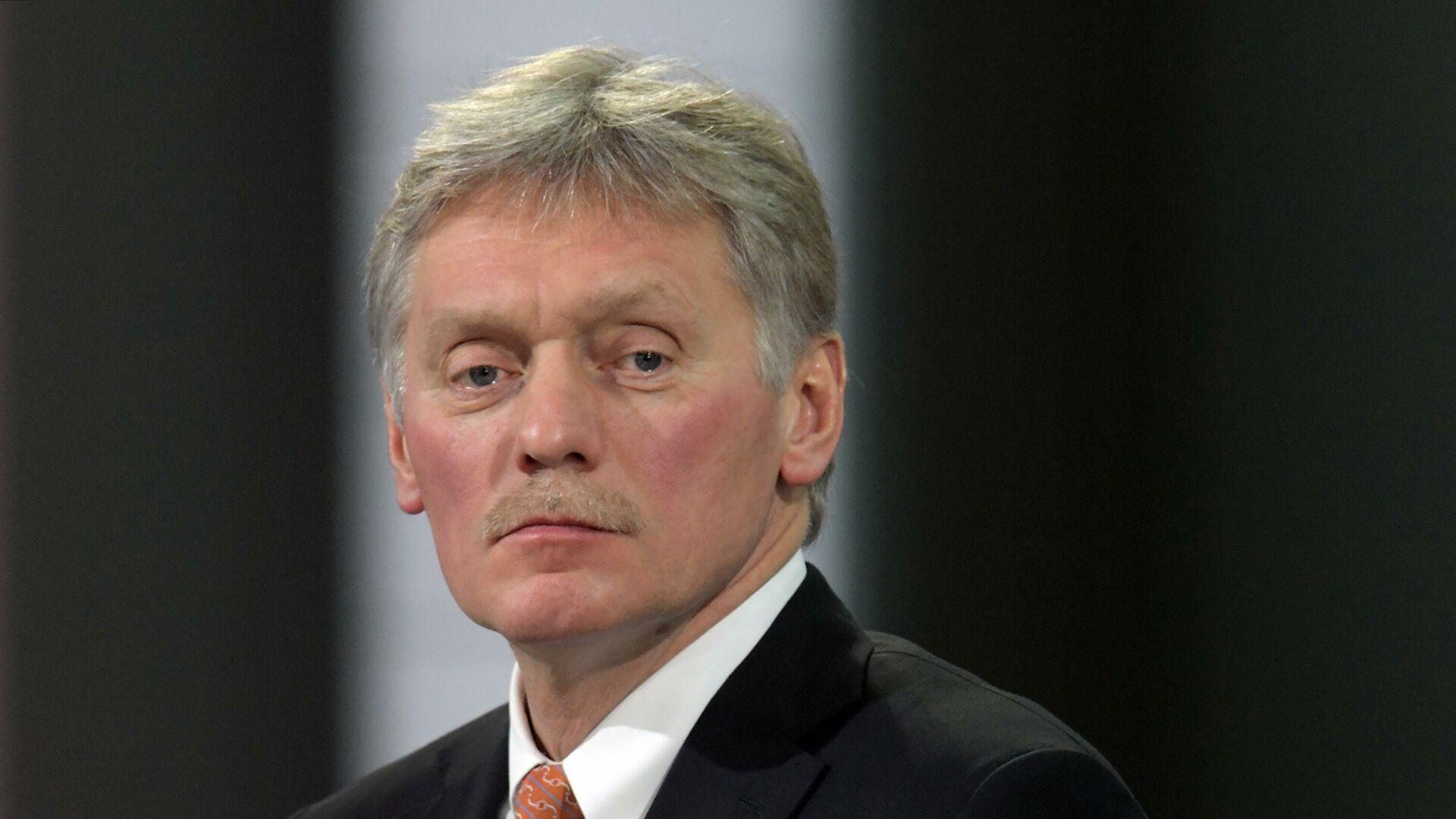
"Our position is well known: Russia was not the country involved in the investigation of this incident, so we do not accept any biased conclusions," he said.
Let us remind you that last summer, Russia withdrew from the dispute initiated in the ICAO Council by the Netherlands and Australia. As stated by the Russian Ministry of Foreign Affairs at the time, the country had no opportunity to "fully participate in the technical investigation," and the final conclusions contained "a significant number of inaccuracies and inconsistencies."
The Malaysia Airlines Boeing 777, en route from Amsterdam to Kuala Lumpur, crashed on July 17, 2014. All 298 people on board were killed. The investigation lasted for several years.
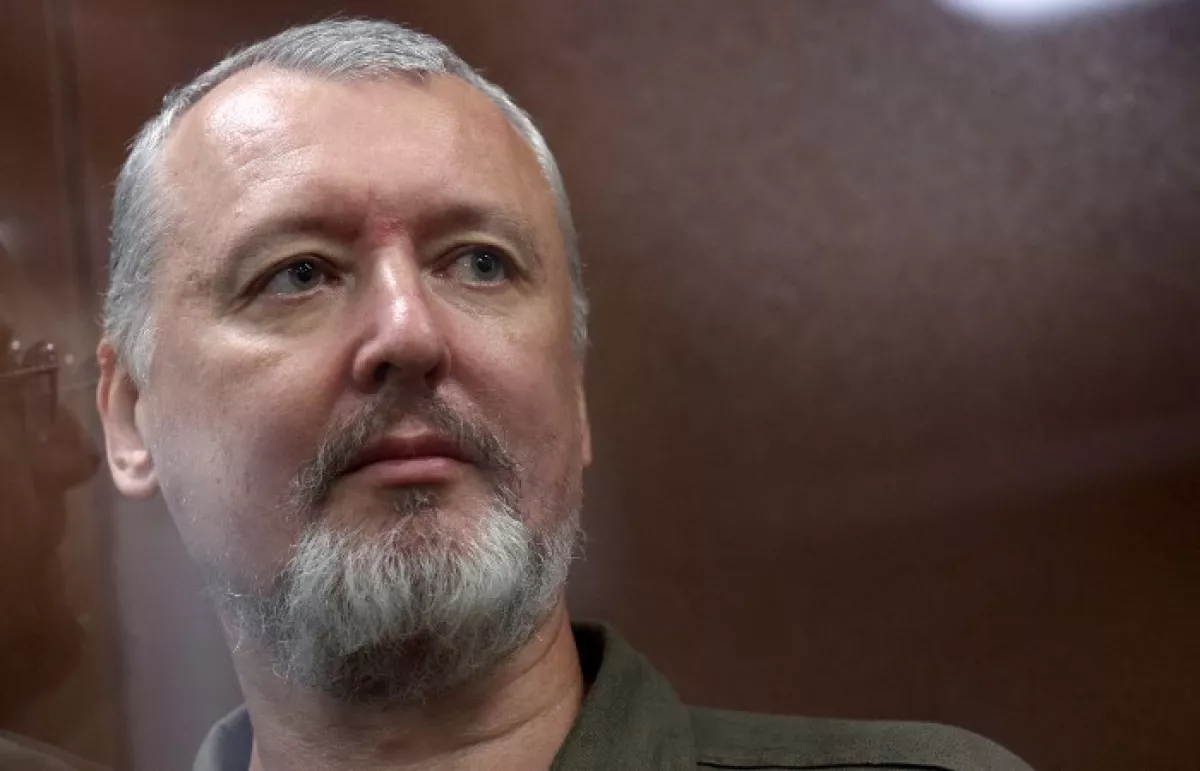
In November 2022, a court in The Hague concluded that the plane was shot down by a Buk missile system from a field near the village of Pervomaysky. Three individuals were found guilty, including the former head of the so-called "Ministry of Defense" of the "DPR," Igor Girkin (Strelkov), who is currently serving a four-year sentence in Russia for extremism. Russian authorities insist on their non-involvement in the disaster.
ICAO's slowness
This story is certainly of interest to the Azerbaijani public. On December 25, 2024, an aviation disaster occurred near the city of Aktau, involving an Embraer 190 aircraft of Azerbaijan Airlines (AZAL), operating flight J2-8243 on the Baku–Grozny route. As a result of the crash, 38 people out of the 67 on board were killed, including both pilots and a flight attendant.
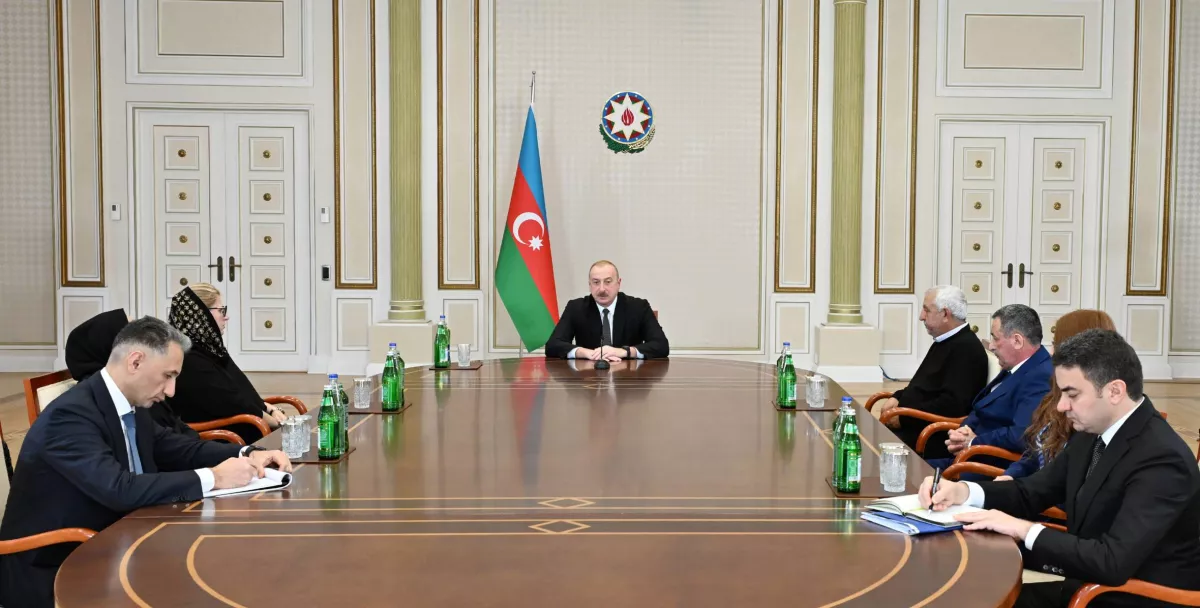
Azerbaijani President Ilham Aliyev directly pointed to the responsibility of Russian Federation representatives for the disaster, stating: "… I can state with full certainty that the responsibility for the deaths of Azerbaijani citizens in this tragedy lies with representatives of the Russian Federation. We demand justice, we demand the punishment of those responsible, and we insist on full transparency and accountability in this matter. Human decency and ethical conduct must prevail." He also emphasised the need for justice and the punishment of those responsible.
Indeed, the nature of the damage proves that the Azerbaijan Airlines (AZAL) passenger aircraft was struck by the Russian air defence system "Pantsir-S." Russia has refused to officially, clearly, and unequivocally acknowledge its responsibility for the aviation disaster. As a result, it is also reluctant to punish those responsible. This situation has already affected and continues to influence the nature of Azerbaijan-Russia relations.
Let us return to the episode of the crash of the Malaysian Boeing MH17 in Donbas in 2014. We must point out a number of obvious factors. Why did it take more than ten years to formulate such an obvious conclusion?
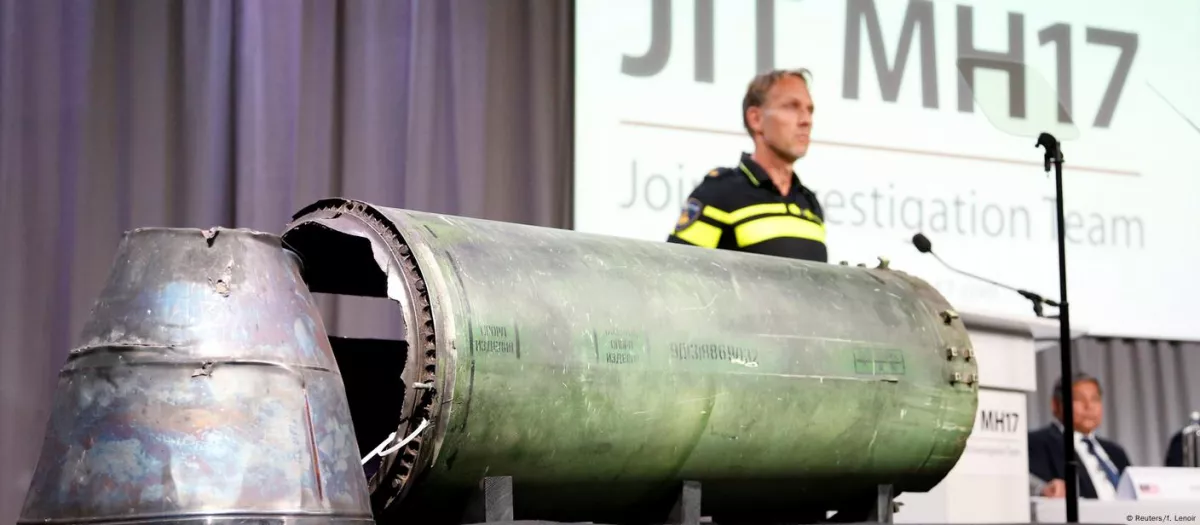
From the first days after the tragedy that claimed the lives of 298 people, the information space was flooded with evidence—from wreckage of the Buk missile to intercepted separatist communications, from satellite images to independent investigations, including the painstaking work of the international Joint Investigation Team (JIT). All the evidence pointed to direct Russian involvement in the supply of weapons and coordination of actions on the ground.
ICAO is an organisation tasked with ensuring the safety of international aviation. However, in the case of MH17, ICAO essentially acted as a lagging entity: the conclusions that the world had already drawn based on publicly available data were confirmed by the organisation only after more than a decade. In doing so, it may have missed the opportunity to influence global mechanisms aimed at preventing such catastrophes. This was, in fact, confirmed by the crash of the Embraer 190 aircraft of Azerbaijan Airlines (AZAL).
Denial of the obvious
Of course, this is not the only conclusion that can be drawn from the events. There is a clear element of Russian foreign policy and propaganda strategy—denial of the obvious, even in the face of irrefutable evidence.
This was the case with the Boeing 777 and is happening now with the Embraer 190. This behavioural pattern has its roots in the Soviet past, where any mistake, especially a military one, was perceived as a threat to national security and a blow to the country's image.
In the case of the downed Boeing 777, Russian propaganda circulated numerous conspiracy theories about supposed "Ukrainian fighters" or "mistakes by Ukrainian air defence forces." In the case of the downed Embraer 190, we heard absurd claims from Russian propaganda about a "collision with a flock of birds" or an "explosion on board the aircraft."
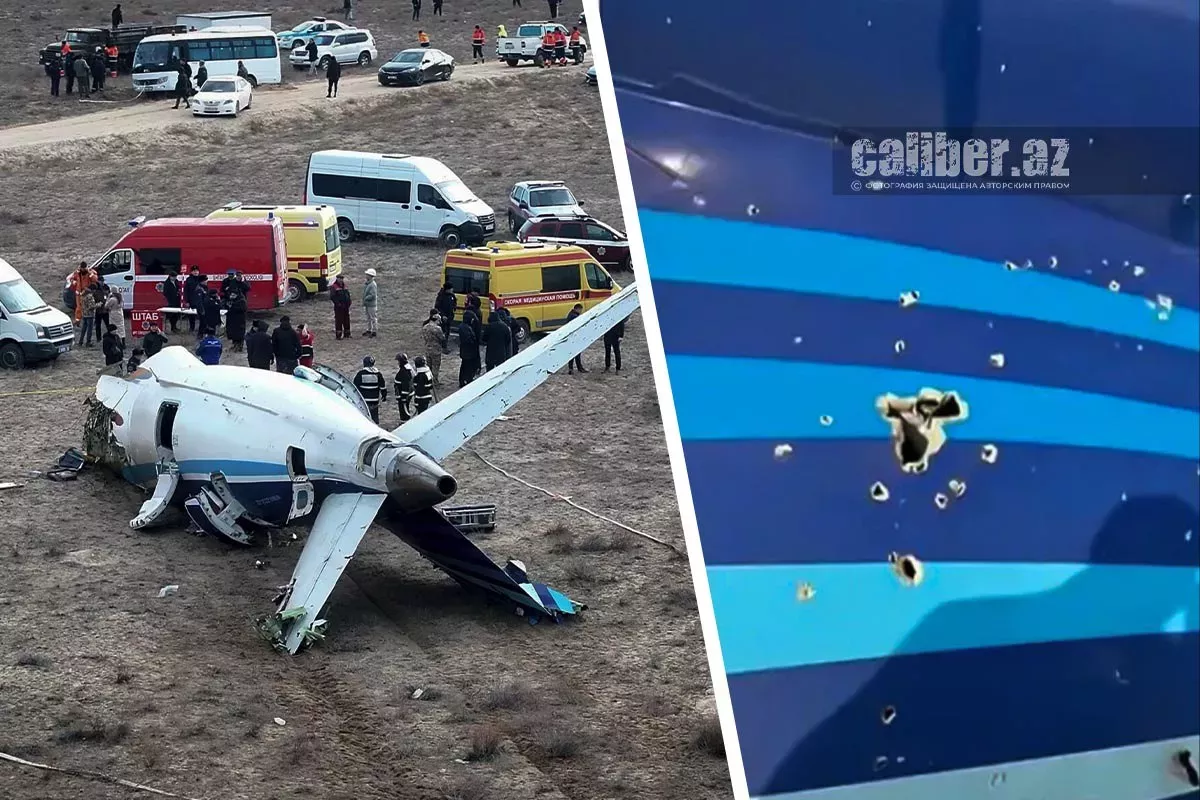
Russia refuses to acknowledge its obvious guilt for the downed AZAL flight for the same reasons it rejects responsibility for the MH17 tragedy: acknowledging the truth would undermine the foundation of its ideological model, where the state is inherently right, and any external accusations are merely part of an "anti-Russian conspiracy." In such circumstances, the prospect of revising Azerbaijani-Russian relations becomes increasingly relevant.








